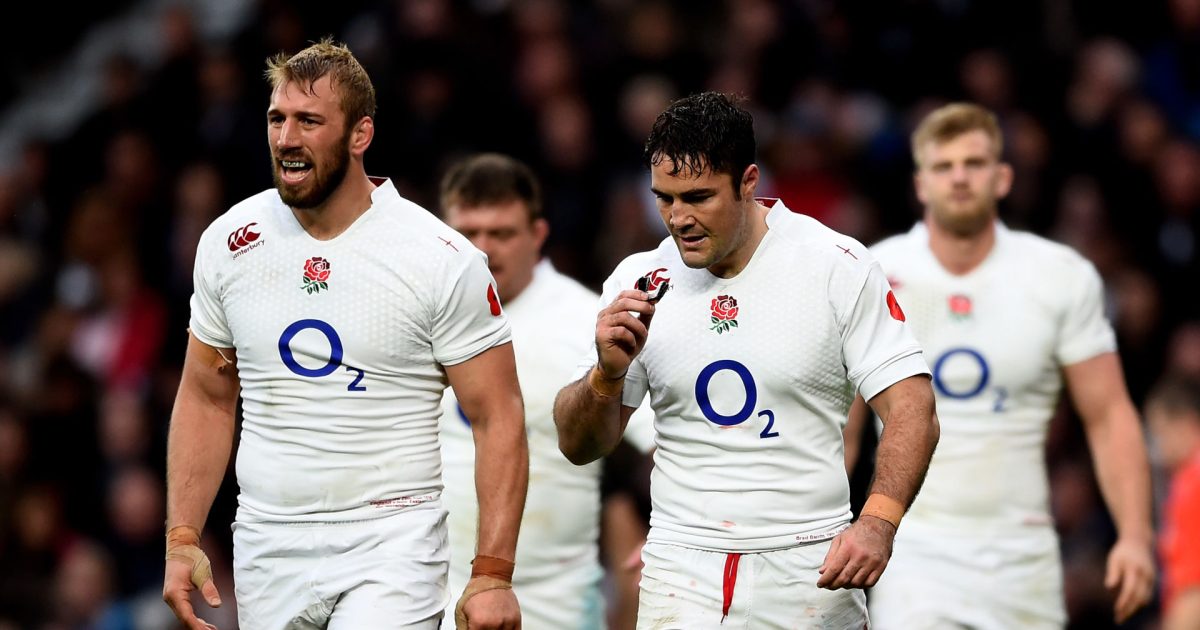'Other than one phone call I never heard from him again'

Former England centre Brad Barritt says he is still wondering what happened between him and Eddie Jones, after the Saracen found himself shut out from the England team in 2015.
Barritt, who made his Saracens debut under the Jones in 2008, said he was left perplexed by his sudden axing at the age of just 29. The Cape Town-born centre had been a mainstay of Stuart Lancaster’s squad but found himself surplus to requirements when Jones took over after England’s disastrous Rugby World Cup campaign.
Barritt, who retired in 2020, was reflecting back on his career on the RugbyPass Offload podcast and said that Jones’ communication style is maybe sub-optimal when it comes to keeping the wider England camp happy.
“It’s a very good question” said Barritt when asked about what happened between the pair. “I’m still wondering that myself.
“It is what it is. Things don’t fall your way.
“Arguably in my mind in 2015, 2016 as a Saracens team, double winners, Premiership, Heineken Cup, I was playing as well as I had ever played.
“Other than one phone call and the first selection meeting, saying you’re not part of it this time, I never heard from him again. It’s not really everyone’s cup of tea in terms of how coaches communicate, but in some circumstances the more a player is communicated with, the more they feel part of the wider process.
“If we look at the likes of Alex [Goode], Ben Earl, even an Elliot [Daly] and countless other players from other clubs, they also get a sense of excitement six months out now from a World Cup, the door is well and truly open for them to perform on the biggest stage.
“The challenge with England compared to other nations – when you talk about Scotland and Wales – you not having to get two or three or four clubs to be together and part of a team and move forward, ultimately there’s usually 12 in the Premiership. Trying to get that level of buy in and everyone on the same page from minute one can be quite a challenge.”

































